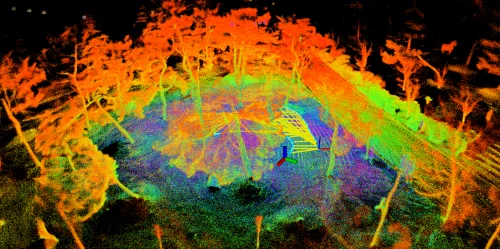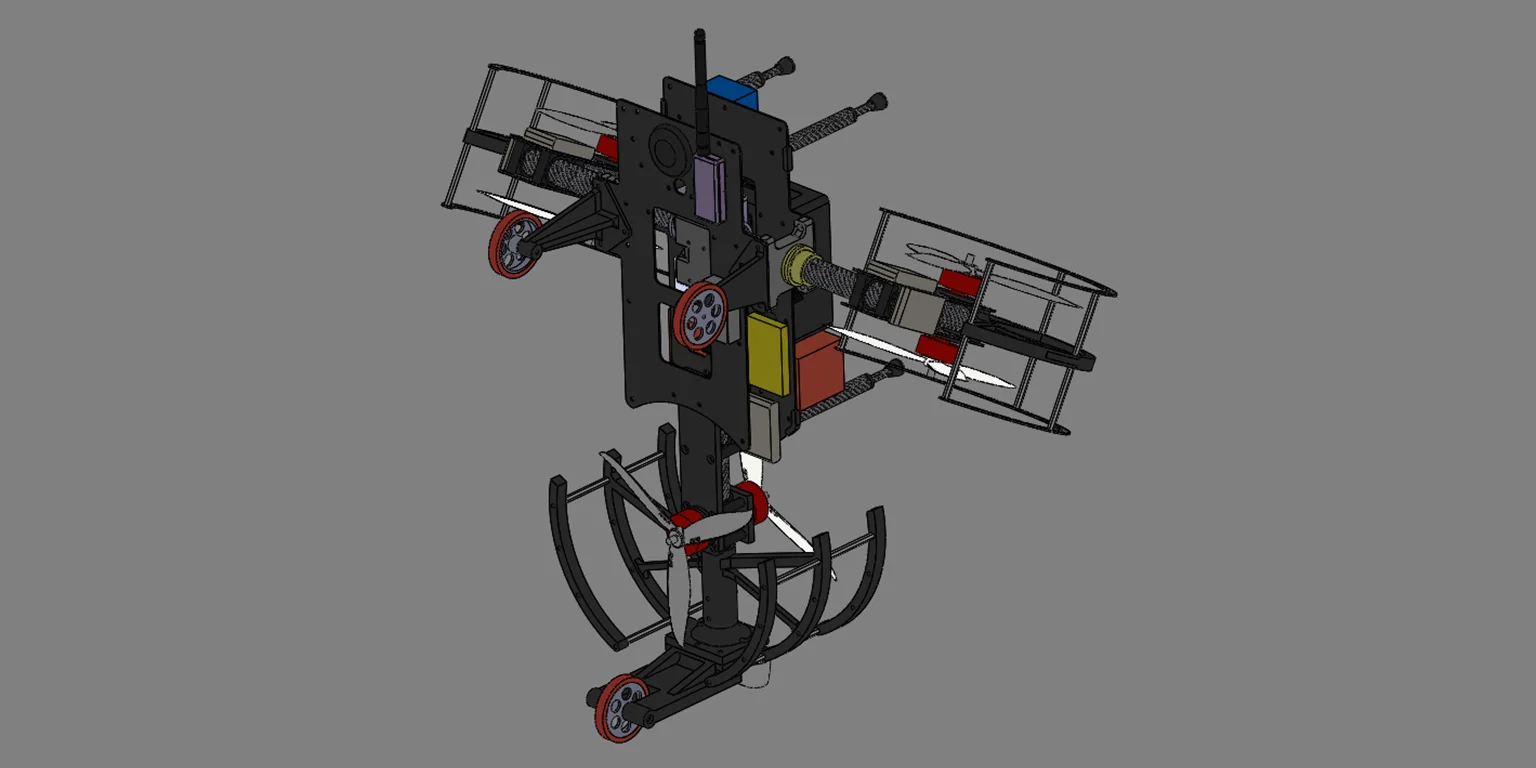ICRA'26 acceptance
Five papers have been accepted to ICRA'26, although this year's acceptance rate is much tougher! (38.04%)
Jiwon Park, Dongkyu Lee, I Made Aswin Nahrendra, Jaeyoung Lim, Hyun Myung, "DreamFlow: Local Navigation Beyond Observation via Conditional Flow Matching in the Latent Space"
Seonghyeon Lim, Seunghyun Lee, Hyeonwoo Lee, I Made Aswin Nahrendra, Hyun Myung, "OpenHEART: Opening Heterogeneous Articulated Objects with a Legged Manipulator"
Gunhee Shin, Seungjae Lee, Jei Kong, Young-Woo Seo, Hyun Myung, "Smooth IMU Propagation With Jointly Distributed Poses on SE(3) Manifold for Accurate and Robust LiDAR-Inertial Odometry"
Jinwoo Jeon, Dong-Uk Seo, Eungchang Mason Lee, Hyun Myung, "AIM-SLAM: Dense Monocular SLAM via Adaptive and Informative Multi-View Keyframe Prioritization with Foundation Model"
Taeyun Kim, Alvin Jinsung Choi, Dasol Hong, Hyun Myung, "CLUE: Adaptively Prioritized Contextual Cues by Leveraging a Unified Semantic Map for Effective Zero-Shot Object-Goal Navigation"
Along with these, one RA-L paper will also be presented at ICRA'26:
Kevin Christiansen Marsim, Minho Oh, Byeongho Yu, Seungjae Lee, I Made Aswin Nahrendra, Hyungtae Lim, and Hyun Myung, "LVI-Q: Robust LiDAR-Visual-Inertial-Kinematic Odometry for Quadruped Robots Using Tightly-Coupled and Efficient Alternating Optimization," IEEE RA-L (Robotics and Automation Letters), vol.10, no.10, pp.10050-10057, Oct. 2025.
Feb,03,2026















